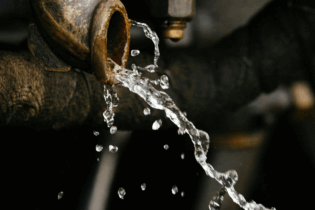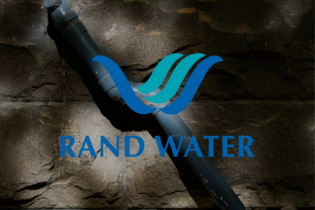The Energy and Water Sector Education and Training Authority (EWSETA), the United States Agency for International Development (USAID), in support of Power Africa, a U.S. government-led partnership and the United Nations Development Programme (UNDP) South Africa launched Phase 2 of the Just Energy Transition (JET) Technical Training for Women in Electrical and Renewable Energy Programme in Limpopo on Friday. Women electricians and artisans in Limpopo will receive specialised technical training at seven Technical and Vocational Education and Training (TVET) Colleges in the province.
This initiative marks a significant step forward in equipping women with the skills needed to succeed in traditionally male-dominated industries, fostering a more inclusive workforce in the sector. Building upon the success of Phase 1, which focused on 3 TVET colleges in Mpumalanga, Phase 2 focuses on seven TVET colleges in Limpopo: Capricorn TVET College, Lephalale TVET College, Letaba TVET College, Mopani South East TVET College, Sekhukhune TVET College, Vhembe TVET College and Waterberg TVET College. A total of 140 women electricians/artisans and 35 lecturers are participating in this phase, a continuation of EWSETA’s efforts to address the skills gap in the renewable energy sector. The University of Johannesburg is delivering theoretical and practical training over three weeks for the lecturers and six weeks for the learners. “At EWSETA, we are dedicated to forging strategic alliances that propel skills development, capacitate our TVET Colleges and champion gender inclusivity within the energy sector. Through targeted training and capacity building, we are creating pathways for women to enter and excel in this dynamic industry. Our continued collaboration with Power Africa and UNDP epitomises our steadfast commitment to amplifying women’s engagement in historically underrepresented domains,” remarked Mpho Mookapele, CEO of EWSETA.Building on Phase 1 which was implemented in 2023 for 89 women electricians and 11 lecturers from Nkangala, Ehlanzeni and Gert Sibande TVET Colleges in Mpumalanga, the Phase 2 programme aims to equip women with the necessary skills to thrive in the rapidly growing renewable energy sector, thereby contributing to the economic development of Limpopo communities. By harnessing the province’s abundant solar energy resources, participants will be well-positioned to take advantage of emerging job opportunities in the green economy.
The JET Technical Training programme is focused on upskilling the women with the latest renewable energy technologies and enabling them to secure meaningful employment, as such the training will also include the Solar PV GreenCard Assessment requirements in the curriculum. This is a safety certification, quality assurance standard and training programme for solar PV installers. EWSETA is committed to ensuring the sustainable impact of this programme by collaborating with reputable institutions such as the University of Johannesburg to deliver high-quality training that meets industry standards. “As the renewable energy sector continues to expand, these trained women will play a pivotal role in driving innovation, fostering local entrepreneurship and promoting environmental sustainability. This programme not only advances the Just Energy Transition in Limpopo but also catalyses broader socio-economic transformation. By investing in women’s empowerment and renewable energy education, we are not only building a more sustainable energy future but also paving the way for a more equitable and prosperous society for all,” concludes Mookapele.






